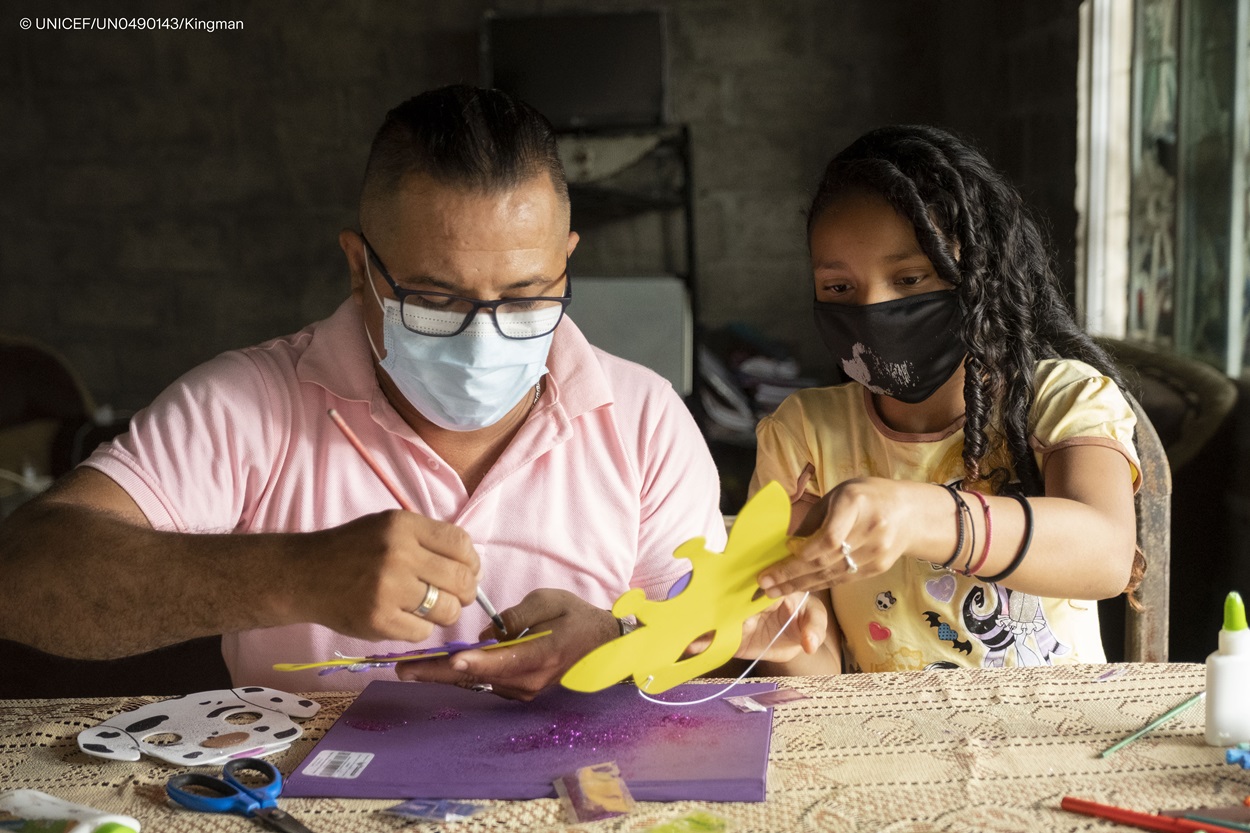Kathmandu: Z Zurich Foundation and UNICEF announced a three-year partnership that aims to promote mental well-being among young people worldwide. The partnership program will be launched in Nepal, Maldives, Viet Nam, Indonesia, Ecuador, Mexico and the Colombia. The global campaign supported by the partnership will launch in early October 2021, in the run-up to World Mental Health Day.
The partnership will equip 400,000 adolescents and 150,000 caregivers in seven countries with information, skills and strategies on how to care for their own and each other’s mental well-being. It will also support a global communication campaign that aims to reach 30 million people and promote positive conversations and connections that increase awareness, knowledge and action around mental well-being.
An estimated one in seven adolescents aged between 10 and 19 lives with a diagnosed mental disorder. While adolescence can be a period of heightened risk for developing mental health conditions such as anxiety and depression, it is also a critical time of life for establishing healthy behavior patterns and social and emotional learning that can bring life-long benefits.
“Positive mental health helps us to think, learn and build our lives. But for too many young people, psychosocial distress is disrupting their daily lives, negatively impacting their health, and preventing them from thriving,” said Charlotte Petri Gornitzka, UNICEF Deputy Executive Director for Partnerships. “The COVID-19 pandemic has only added to the pressures on young people and their families, putting the mental health of a whole generation at risk. With this partnership, we are kick-starting an urgent response to a crisis that the world cannot afford to leave overlooked and underfunded.”
Program tools and approaches developed in these countries will focus on the delivery of interventions that build mental health literacy, strengthen social and emotional learning and skills, as well as improve caregiver and adult support.










